#British Columbia
Text
The B.C. government is putting its proposed online harms legislation on hold after reaching an agreement with some of the largest social media platforms to make people safer online.
Premier David Eby says in a joint statement with representatives of the firms Meta, TikTok, X and Snap that they will form an online safety action table, where they’ll discuss “tangible steps” towards protecting people from online harms.
Eby says the social media companies have “agreed to work collaboratively” with the province on preventing harm, while Meta will also commit to working with B.C’s emergency management officials to help amplify official information during natural disasters and other events.
“We have had assurance from Facebook on a couple of things. First, that they will work with us to deliver emergency information to British Columbia in this wildfire season that (people) can rely on, they can find easily, and that will link into official government channels to distribute information quickly and effectively,” Eby said at a Tuesday press conference.
“This is a major step and I’m very appreciative that we are in this place now.” [...]
Continue Reading.
Tagging: @newsfromstolenland
#cdnpoli#British Columbia#public safety#social media#canada#canadian politics#canadian news#canadian
22 notes
·
View notes
Text
Rainbow Eyes, a Da'naxda'xw Awaetlala land defender, was just sentenced to 60 days in prison.
Don't forget about Ada'itsx / Fairy Creek!
32 notes
·
View notes
Text
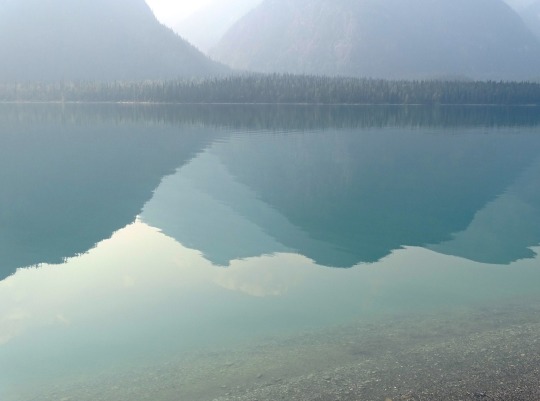

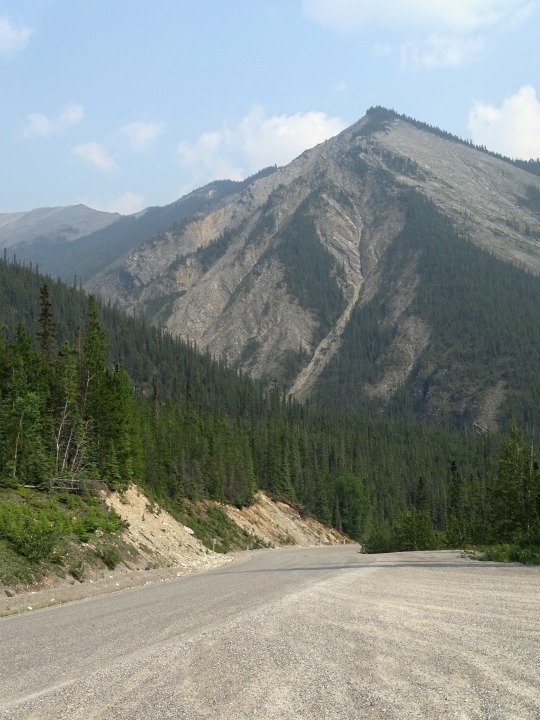

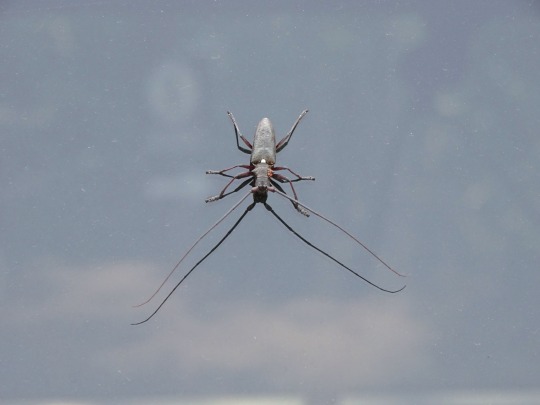
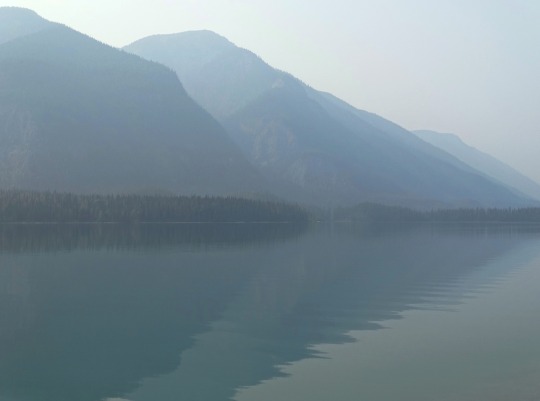

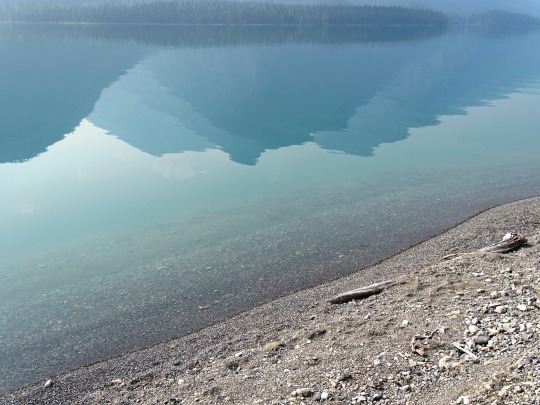


Muncho Lake, BC (No. 3)
Muncho Lake Provincial Park is a provincial park in British Columbia, Canada, located on the Alaska Highway as it transits the northernmost Canadian Rockies west of Fort Nelson. The park is part of the larger Muskwa-Kechika Management Area.[2] It is named after Muncho Lake, which is in the park and is both the name of the lake and of the community located there.
Folded mountains, geological formations, are visible above the road in the southern part of the park.
Source: Wikipedia
#White-spotted sawyer#Muncho Lake#Muncho Lake Lookout#Sentinel Range#BC#travel#original photography#vacation#tourist attraction#landmark#landscape#countryside#British Columbia#woods#forest#nature#flora#tree#wildfire smoke#summer 2023#Canada#boreal forest#Canadian Rockies#Rocky Mountains#Northern Rockies#Alaska Highway#rocks#insect#reflection#Muncho Lake Provincial Park
21 notes
·
View notes
Text


(taken from @/sarahofmagdalene on instagram.)
A NOTE TO THOSE WHO MAY BE PARTICIPATING IN PRO PALESTINE ACTIONS IN VANCOUVER.
Please, even if you don’t live in Vancouver, reblog to spread awareness. The canadian media isn’t covering the protests, let alone the hostility protesters face, so we can only rely on each other to get news like this around!
EDIT: if you have either made this post about whether the punisher would disagree with the above, or you intend to do that, you are now being heavily advised to donate to either unrwa or the pcrf. i don’t care if you can’t spare more than a fucking nickel, donate the nickel. you saw a post about trying to keep anti-genocide protesters safe & reacted like this was fandom discourse, pay up & learn how to fuckin behave.
reblog this version going forward please.
#holy shit this is terrifying#free palestine#free gaza#gaza strip#gaza genocide#british columbia#protest safety#canada#vancouver#bc#gaza#palestine
16K notes
·
View notes
Text
"In a historic “first-of-its-kind” agreement the government of British Colombia has acknowledged the aboriginal ownership of 200 islands off the west coast of Canada.
The owners are the Haida nation, and rather than the Canadian government giving something to a First Nation, the agreement admits that the “Xhaaidlagha Gwaayaai” or the “islands at the end of world,” always belonged to them, a subtle yet powerful difference in the wording of First Nations negotiating.
BC Premier David Eby called the treaty “long overdue” and once signed, will clear the way for half a million hectares (1.3 million acres) of land to be managed by the Haida.
Postal service, shipping lanes, school and community services, private property rights, and local government jurisdiction, will all be unaffected by the agreement, which will essentially outline that the Haida decide what to do with the 200 or so islands and islets.
“We could be facing each other in a courtroom, we could have been fighting each other for years and years, but we chose a different path,” said Minister of Indigenous Relations of BC, Murray Rankin at the signing ceremony, who added that it took creativity and courage to “create a better world for our children.”
Indeed, making the agreement outside the courts of the formal treaty process reflects a vastly different way of negotiating than has been the norm for Canada.
“This agreement won’t only raise all boats here on Haida Gwaii – increase opportunity and prosperity for the Haida people and for the whole community and for the whole province – but it will also be an example and another way for nations – not just in British Columbia, but right across Canada – to have their title recognized,” said Eby.
In other words, by deciding this outside court, Eby and the province of BC hope to set a new standard for how such land title agreements are struck."
-via Good News Network, April 18, 2024
#canada#indigenous#first nations#haida#british columbia#canadian politics#land back#indigenous peoples#indigenous rights#indigenous land
13K notes
·
View notes
Text
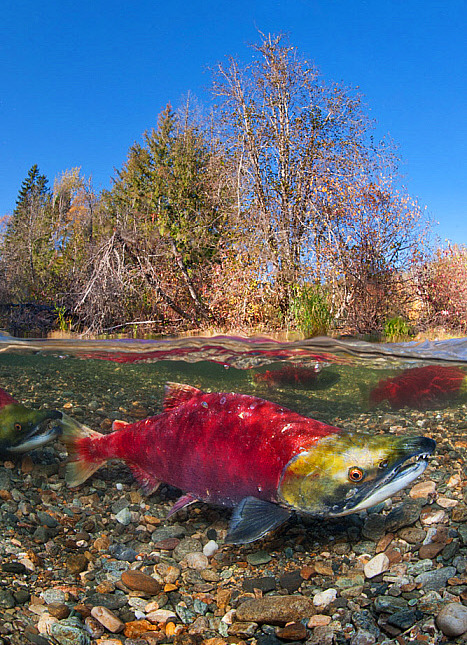

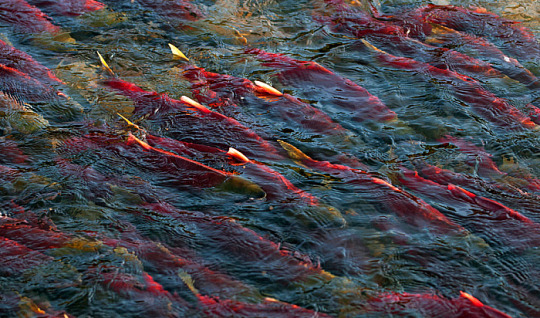
Male sockeye salmon (Oncorhynchus nerka) in Adams River, British Columbia
Photos by Alex Mustard
#Oncorhynchus nerka#Oncorhynchus#salmon#sockeye salmon#red#fish#red fish#male salmon#salmon river#adams river#river#river fish#british columbia#animals#wildlife#nature#breeding season
5K notes
·
View notes
Text
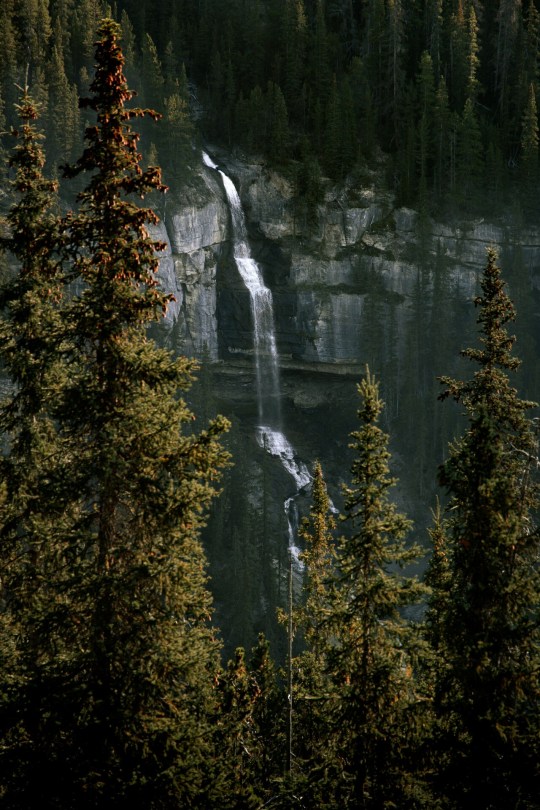
(by Lianhao Qu)
#vertical#landscape#x#a#watsf#curators on tumblr#water#trees#mountain#Lianhao Qu#waterfall#cliff#Windermere#British Columbia#canada
1K notes
·
View notes
Text
i was inspired by my last rb.
#i’m sorry the rest of the world#canada#geography#poll#polls#north america#yukon#northwest territories#nunavut#british columbia#alberta#saskatchewan#manitoba#ontario#québec#newfoundland#newfoundland and labrador#prince edward island#new brunswick#nova scotia#simon says
1K notes
·
View notes
Text

Mountain meadow near North Bend, British Columbia, Canada by Justin Brown
#canada#north bend#british columbia#mountain#mountains#meadow#meadows#landscape#nature#flowers#wild flowers#nature aesthetic#petitworld favs#petitworld
1K notes
·
View notes
Text
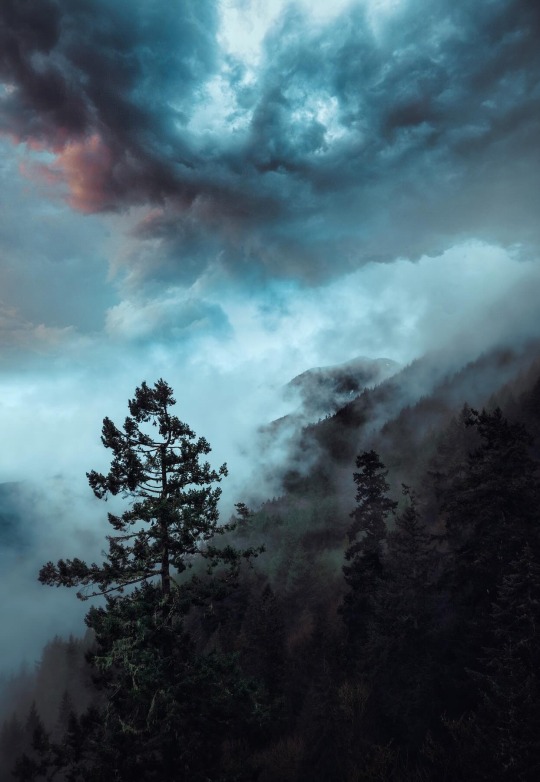
juusohd
3K notes
·
View notes
Text
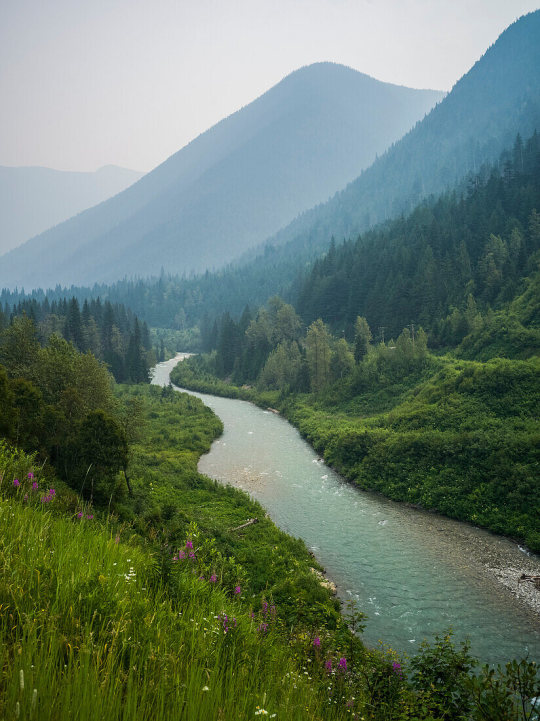
Selkirk mountains, Revelstoke, British Columbia, Canada
#Revelstoke#british columbia#canada#mountains#river#wildflowers#photography#curators on tumblr#nature#Aesthetic#nature photography#trees#forest#woods#landscapes#1k
6K notes
·
View notes
Text
Police in White Rock, B.C., say they are increasing patrols along the city's waterfront area after a man was stabbed to death Tuesday night, two days after another man was stabbed and injured while sitting on a bench in the same area.
Family members have identified the victim in the fatal stabbing as 27-year-old Kulwinder Sohi of Surrey.
White Rock RCMP says it received a report of a man suffering from apparent stab wounds around 9:30 p.m. PT in the 15400 block of Marine Drive, a few blocks east of the White Rock Pier.
Continue Reading.
Tagging: @newsfromstolenland
27 notes
·
View notes
Text

A lonesome cowboy cools his horse down in the glacial waters of Kinney Lake
British Columbia, Canada
1966
#vintage camping#campfire light#mt robson#british columbia#canada#cowboy#kinney lake#history#travel#1960s
645 notes
·
View notes
Text
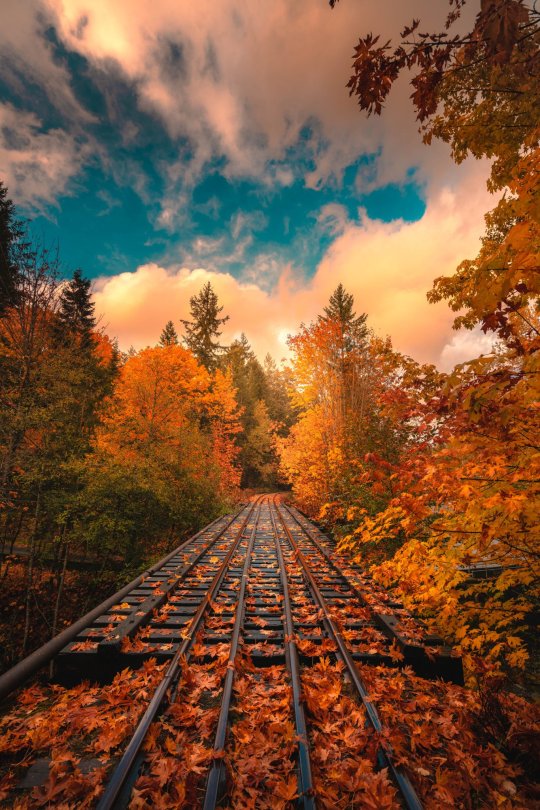
“The Autumn Express” by | Zach Doehler
Vancouver Island, British Columbia
#vancouver island#landscape#nature#autumn#fall#architecture#travel#british columbia#canada#curators on tumblr#uploads
2K notes
·
View notes
Text
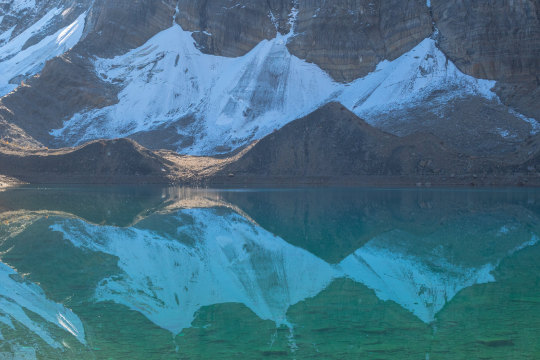

Floe Lake, Kootenay National Park by Darren Umbsaar
1K notes
·
View notes
Text
For years, the people of the Kitasoo/Xai’xais First Nation watched over their waters and waited. They had spent nearly two decades working with Canada’s federal government to negotiate protections for Kitasu Bay, an area off the coast of British Columbia that was vulnerable to overfishing.
But the discussions never seemed to go anywhere. First, they broke down over pushback from the fishing industry, then over a planned oil tanker route directly through Kitasoo/Xai’xais waters.
“We were getting really frustrated with the federal government. They kept jumping onboard and then pulling out,” says Douglas Neasloss, the chief councillor and resource stewardship director of the Kitasoo/Xai’xais First Nation. “Meanwhile, we’d been involved in marine planning for 20 years – and we still had no protected areas.”
Instead, the nation watched as commercial overfishing decimated the fish populations its people had relied on for thousands of years.
Nestled on the west coast of Swindle Island, approximately 500km north of Vancouver, Kitasu Bay is home to a rich array of marine life: urchins and abalone populate the intertidal pools, salmon swim in the streams and halibut take shelter in the deep waters. In March, herring return to spawn in the eelgrass meadows and kelp forests, nourishing humpback whales, eagles, wolves and bears.
“Kitasu Bay is the most important area for the community – that’s where we get all of our food,” Neasloss says. “It’s one of the last areas where you still get a decent spawn of herring.”
So in December 2021, when the Department of Fisheries and Oceans withdrew from discussions once again, the nation decided to act. “My community basically said, ‘We’re tired of waiting. Let’s take it upon ourselves to do something about it,’” Neasloss says.
What they did was unilaterally declare the creation of a new marine protected area (MPA). In June 2022, the nation set aside 33.5 sq km near Laredo Sound as the new Gitdisdzu Lugyeks (Kitasu Bay) MPA – closing the waters of the bay to commercial and sport fishing.
It is a largely unprecedented move. While other marine protected areas in Canada fall under the protection of the federal government through the Oceans Act, Kitasu Bay is the first to be declared under Indigenous law, under the jurisdiction and authority of the Kitasoo/Xai’xais First Nation.

Pictured: "In some ways, I hope someone challenges us" … the Kitasoo/Xai’xais stewardship authority.
Although they did not wait for government approval, the Kitasoo did consult extensively: the declaration was accompanied by a draft management plan, finalised in October after three months of consultation with industry and community stakeholders. But the government did not provide feedback during that period, according to Neasloss, beyond an acknowledgment that it had received the plan...
Approximately 95% of British Columbia is unceded: most First Nations in the province of British Columbia never signed treaties giving up ownership of their lands and waters to the crown. This puts them in a unique position to assert their rights and title, according to Neasloss, who hopes other First Nations will be inspired to take a similarly proactive approach to conservation...
Collaboration remains the goal, and Neasloss points to a landmark agreement between the Haida nation and the government in 1988 to partner in conserving the Gwaii Haanas archipelago, despite both parties asserting their sovereignty over it. A similar deal was made in 2010 for the region’s 3,400 sq km Gwaii Haanas national marine conservation area.
“They found a way to work together, which is pretty exciting,” says Neasloss. “And I think there may be more Indigenous protected areas that are overlaid with something else.”
-via The Guardian, 5/3/23
#indigenous#indigenous issues#indigenous sovereignty#canada#british columbia#land back#first nations#tribal sovereignty#pacific northwest#marine protected area#conservation#sustainability#overfishing#marine science#canadian government#kitasoo-xai'xais#direct action#good news#hope
11K notes
·
View notes